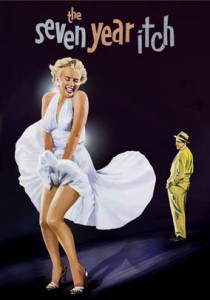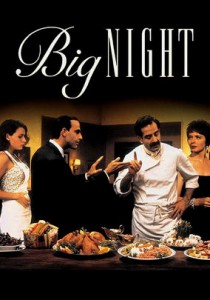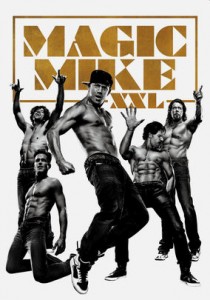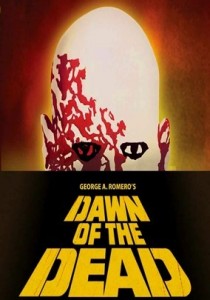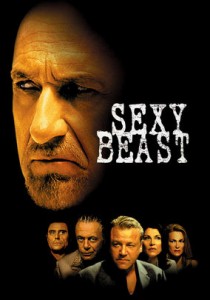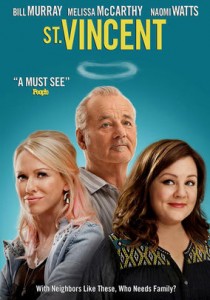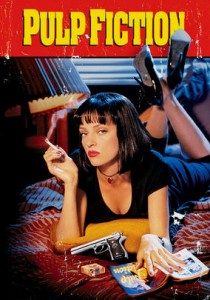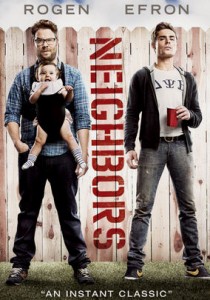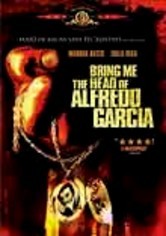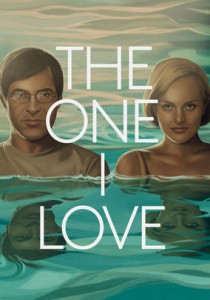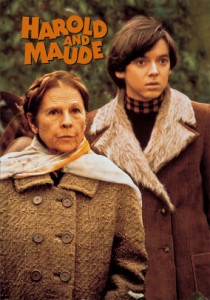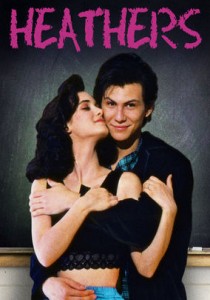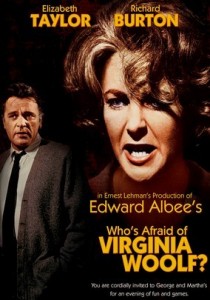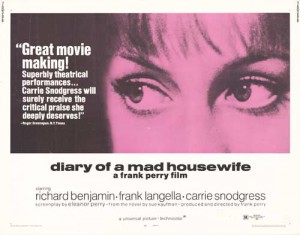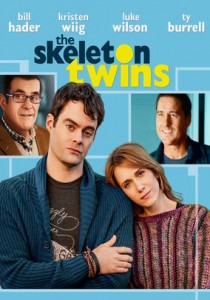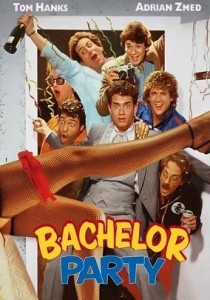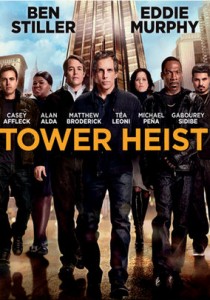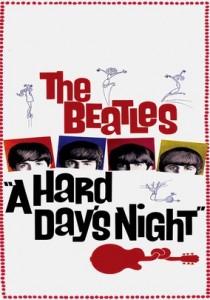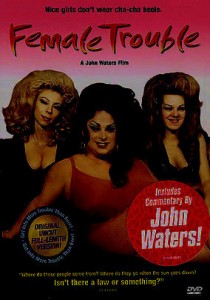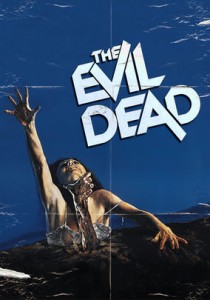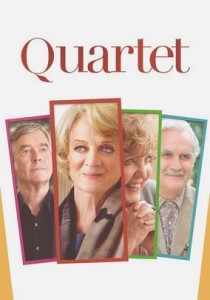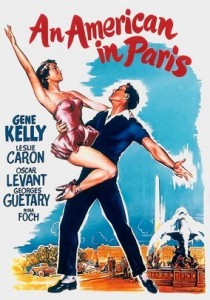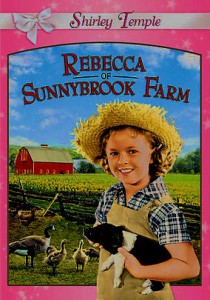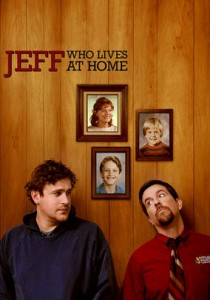The Seven Year Itch-1955
Director Billy Wilder
Starring Marilyn Monroe, Tom Ewell
Scott’s Review #302
Reviewed December 18, 2015
Grade: B
Following a string of successful hits by director Billy Wilder (mostly famous for films in the 1940s and 1950s), The Seven Year Itch features Marilyn Monroe in her prime and at her finest.
It is a cute film made charming by the likable legend. While certainly not high art, it is a fun experience in classic romantic comedy cinema and it has an innocence certainly lost in today’s genre.
Playing a familiar character to what she was known for (sexy, flirty, sweet blondes), it is arguably Monroe’s best role (though Some Like it Hot still wins out for me as her best film role).
Richard Sherman, a successful New York publisher, finds himself alone for the summer when his wife and son leave for a vacation in the country. Middle-aged and bored, he immediately is enamored with his gorgeous new upstairs neighbor, simply known as The Girl, played by Marilyn Monroe.
The Girl is a commercial actress and former model and is quite friendly and bubbly. She is conveniently staying in New York City while filming a new television ad for toothpaste. Richard finds himself awkwardly tempted by the curvaceous Girl in one situation after another.
The Seven Year Itch is pure innocence and fantasy. The Girl has no designs on Richard, whatsoever, and his flirtation with her is harmless and juvenile. Richard is nerdy and socially awkward, not to mention fearful of his wife’s stern nature, should she find out that he is even spending a moment with The Girl.
Much of the film includes scenes where Richard imagines conversations with his wife or imagines her with another man, justifying his attraction for The Girl. These scenes are done hilariously as he imagines conversations with his wife and much of his thoughts are exaggerated.
Humorous scenes transpire such as the “champagne scene” in which The Girl and Richard attempt to open a champagne bottle while cooling off with Richard’s new state-of-the-art air conditioner. The Girl keeps her underpants in a freezer to cool off.
The Girl appearing in her toothpaste commercial, comically, is also a treat. And who can forget Marilyn Monroe’s famous scene in which she appears standing over a subway grate, clad in a sexy white dress and high heels, the wind from the subway blowing her dress in the air is one of the most memorable in film history and priceless.
Some would argue that The Seven Year Itch is nothing but fluff and they in large part are correct, but in an age of crude and obnoxious films disguised as romantic comedies, with cheesy jokes and canned humor, it is refreshing to revel back to 1950’s culture, largely an innocent era, and enjoy a fun film romp with one of cinema’s forever stars.
